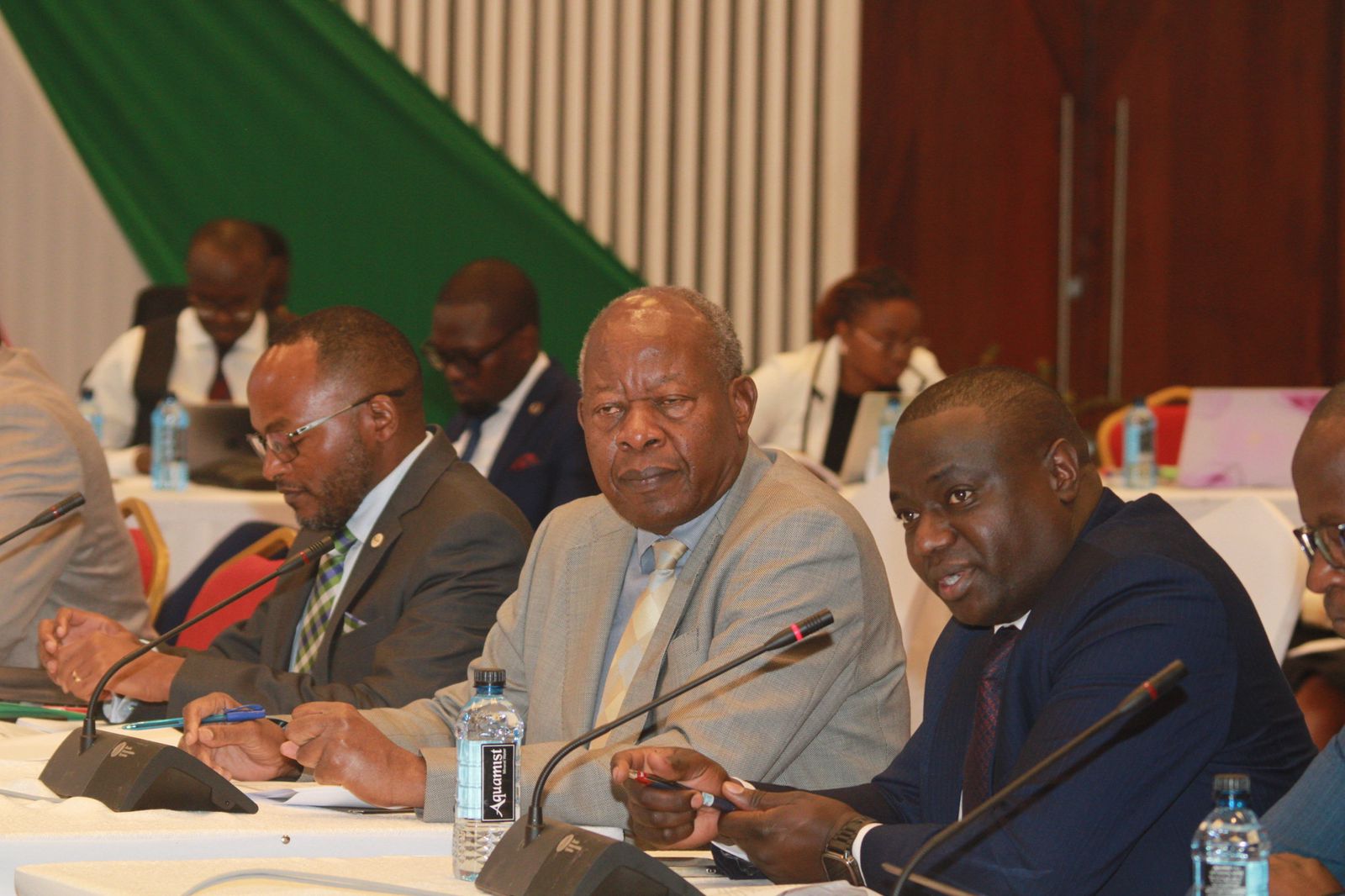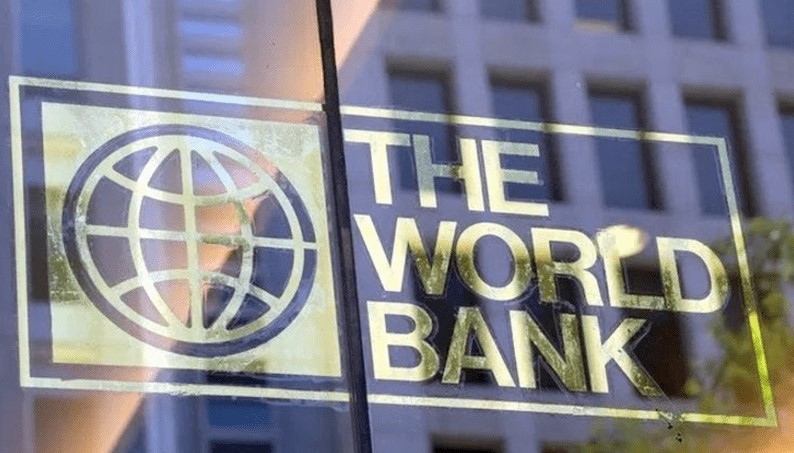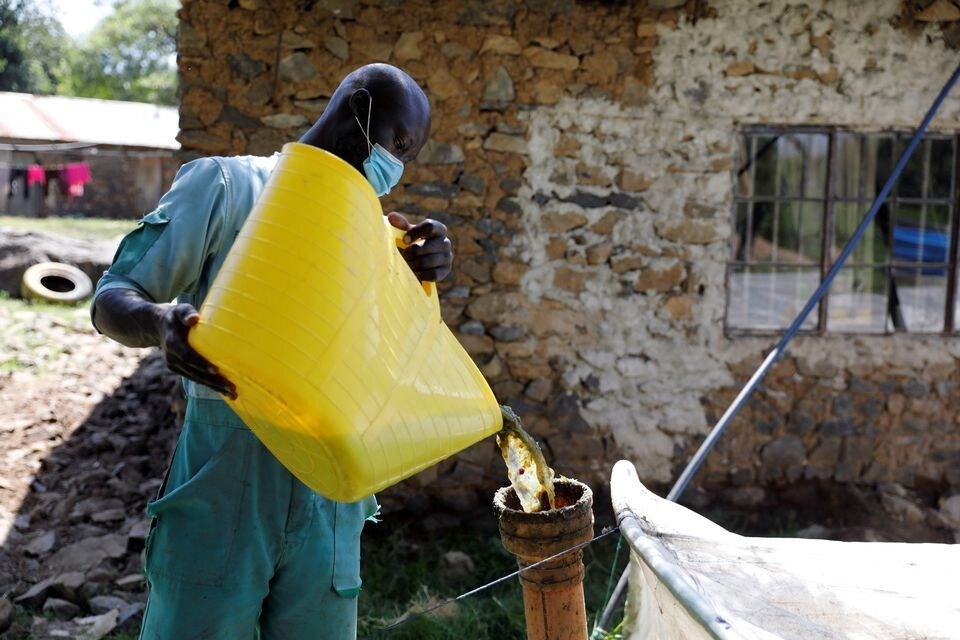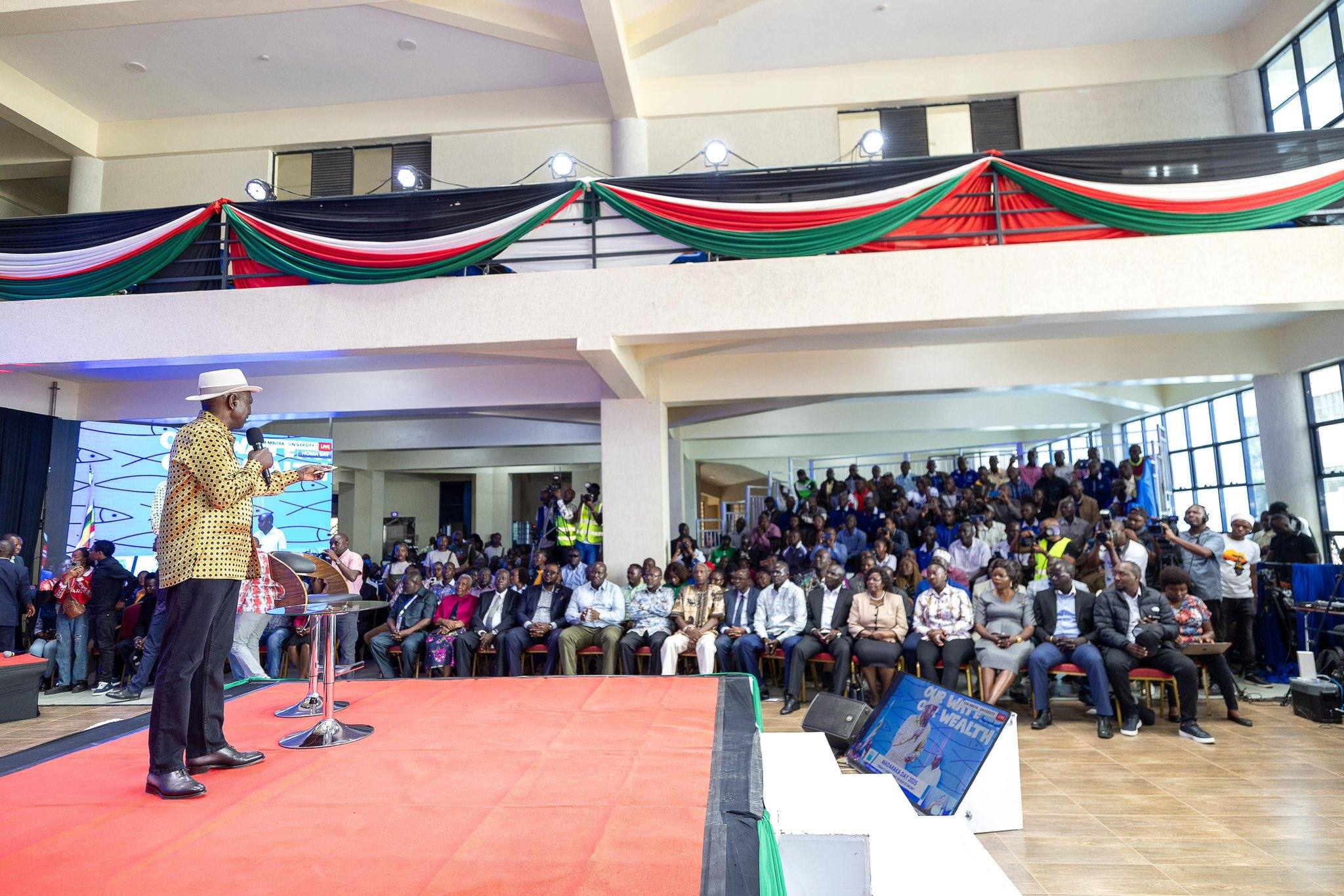Accountants push for tax reforms to spur industrial growth, boost household incomes

According to ICPAK’s submission to the National Assembly, a lower corporate tax rate would “enhance Kenya’s strategic position as an investment hub.
The Institute of Certified Public Accountants of Kenya (ICPAK) has proposed a series of tax reforms aimed at stimulating industrial growth and increasing household incomes as the Finance Bill 2025 undergoes public review.
The institute is pushing for a reduction in the corporate income tax rate from 30 per cent to 28 per cent, aligning Kenya’s rate with global and regional standards, where the average corporate tax rates stand at 23.51 per cent and 27.28 per cent, respectively.
More To Read
- Bill seeks to waive interest on overdue taxes to offer lifeline to businesses in distress
- MPs reject accountants’ proposal to give Auditor Generals huge retirement perks
- Mandatory ESG reporting in Kenya to begin in 2027, ICPAK reveals
- Accountants ask state to reconsider taxes on bread, vehicles and digital transactions
According to ICPAK’s submission to the National Assembly, a lower corporate tax rate would “enhance Kenya’s strategic position as an investment hub; and to deter aggressive tax planning and lobbying strategies aimed at reducing corporate tax liability, a reduced corporate tax rate would be beneficial and encourage more taxpayers to voluntarily comply with their tax obligations.”
The accountants also pointed out that recent government efforts to improve tax compliance, such as eTIMS, have not delivered optimal results, suggesting that encouraging voluntary compliance might be more effective in boosting revenue.
ICPAK further recommends revising the proposed five-year cap on tax loss deductibility to 15 years.
This change reflects the reality that capital-intensive projects often take longer than five years to fully utilise investment allowances under the Income Tax Act.
“By the time the investment allowance is utilised fully, a company would have likely not exhausted the tax losses because five years is too short for capital-intensive projects,” the institute noted.
In the housing sector, ICPAK urged the government to retain the current preferential income tax rate of 15 per cent for companies that build 100 residential units annually.
They warned that repealing this incentive would harm Kenya’s affordable housing agenda under the Bottom-Up Economic Transformation Agenda.
The institute said the removal would “disincentivise investment in the real estate sector,” and could slow the supply of affordable housing by making large-scale developments less financially attractive.
In addition, ICPAK recommends reducing the VAT rate from 16 per cent to 15 per cent initially and then gradually to 14 per cent to ease the current economic stress and increase disposable incomes.
They argue that the current VAT rate has “not only reduced consumption levels but also limited revenue potential for the government.”
Top Stories Today












































